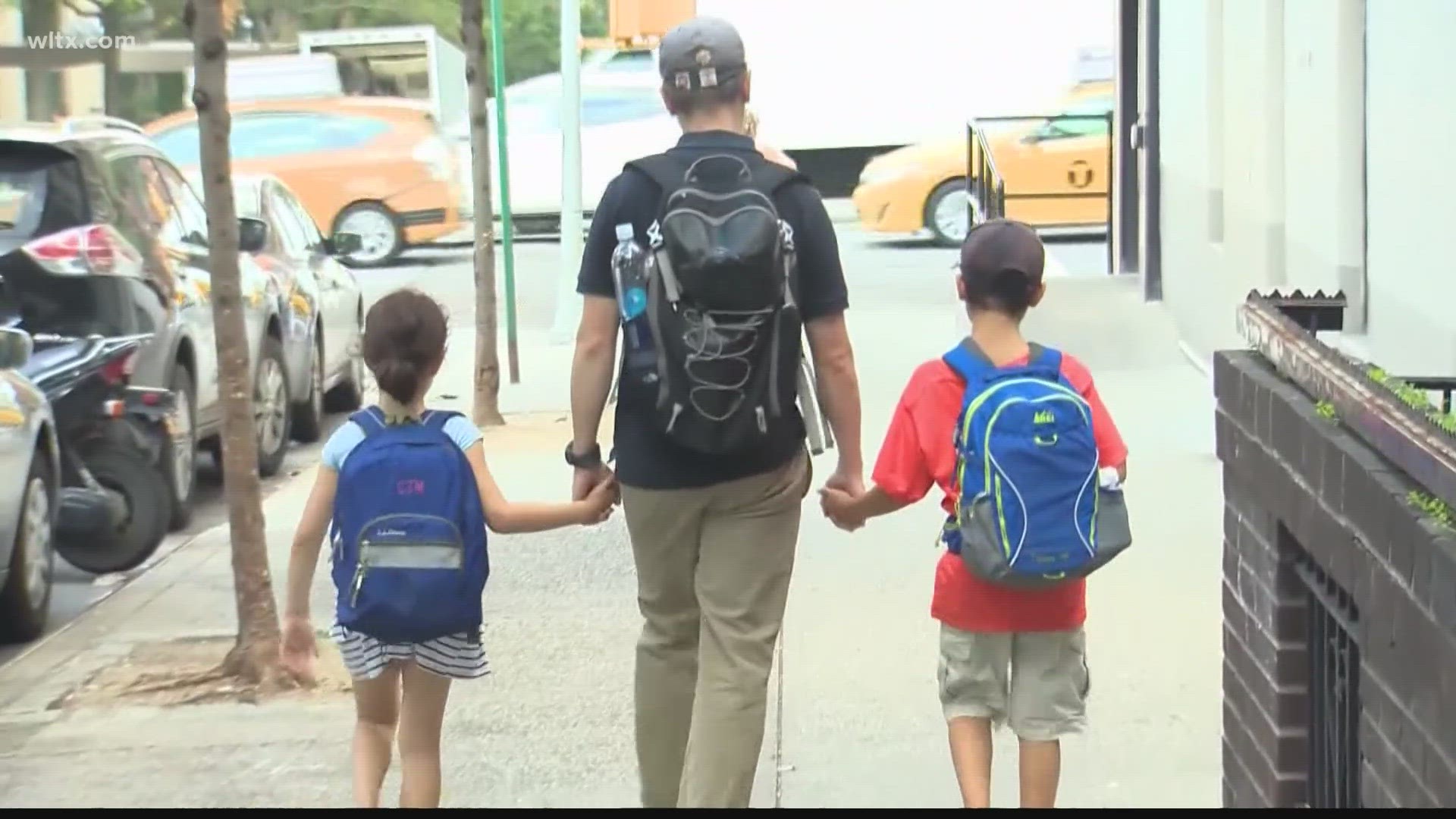COLUMBIA, S.C. — Maybe you're heard the phrase, "It takes a village to raise a child." In South Carolina, it seems that village is being called on more often. Kinship care is becoming more prevalent. That's when relatives step in to care for a child when parent's can't meet the child's needs.
A new study is giving greater insight into how often this is happening.
“We’re hopeful that kinship care, not only in South Carolina, but across the country, being placed with someone that they know that they have bonds with, that they have a relationship with can help maintain those networks of friendships, schools and family,” DSS Chief External Affairs Officer Connelly-Anne Ragely said.
Ragely said formal kinship is on the rise in the state.
“We’ve seen growth in this, just going back to 2019 licensed kinship caregivers in South Carolina were in single digits and, as of today, 27.2% of children and youth in foster care are in licensed kinship care placements through the agency,” she said.
SCDSS says there are formal and informal kinship placements
“Formal kinship care arrangements are licensed through the Department of Social Services as a licensed foster home and they’re compensated for their care,” Ragely said.
KinCarolina Intervention, is a group based out of the University of North Carolina School of Social Work. Based on South Carolina's elevated numbers, the group is working gather data as well as to support kinship caregivers raising children with disabilities or special healthcare needs in the Midlands.
“There’s a huge population in South Carolina, in particular, that was existing in this informal space, where not only is there data not being captured because they're not part of a formal system, but they also are not receiving the formalized support that a foster parent might receive,” Amanda Klein-Cox said.
Cox is a senior research associate at UNC-Chapel Hill's School of Social Work.
According to Grandfamilies, a national legal resource in support of grandparent-raised children, nationally, for every child in formal care there are 19 in informal care. In South Carolina, for every child in formal care there are an estimated 308 children in informal care.
KinCarolina officials says their there program will provide peer group support, financial support and educational support for navigating kinships.
Kincarolina’s program will be housed at the Kindred Hearts of South Carolina and will be offered almost entirely virtually, to reach caregivers from all counties of the midlands. The program will provide peer group support, financial support and educational support for navigating kinships.

